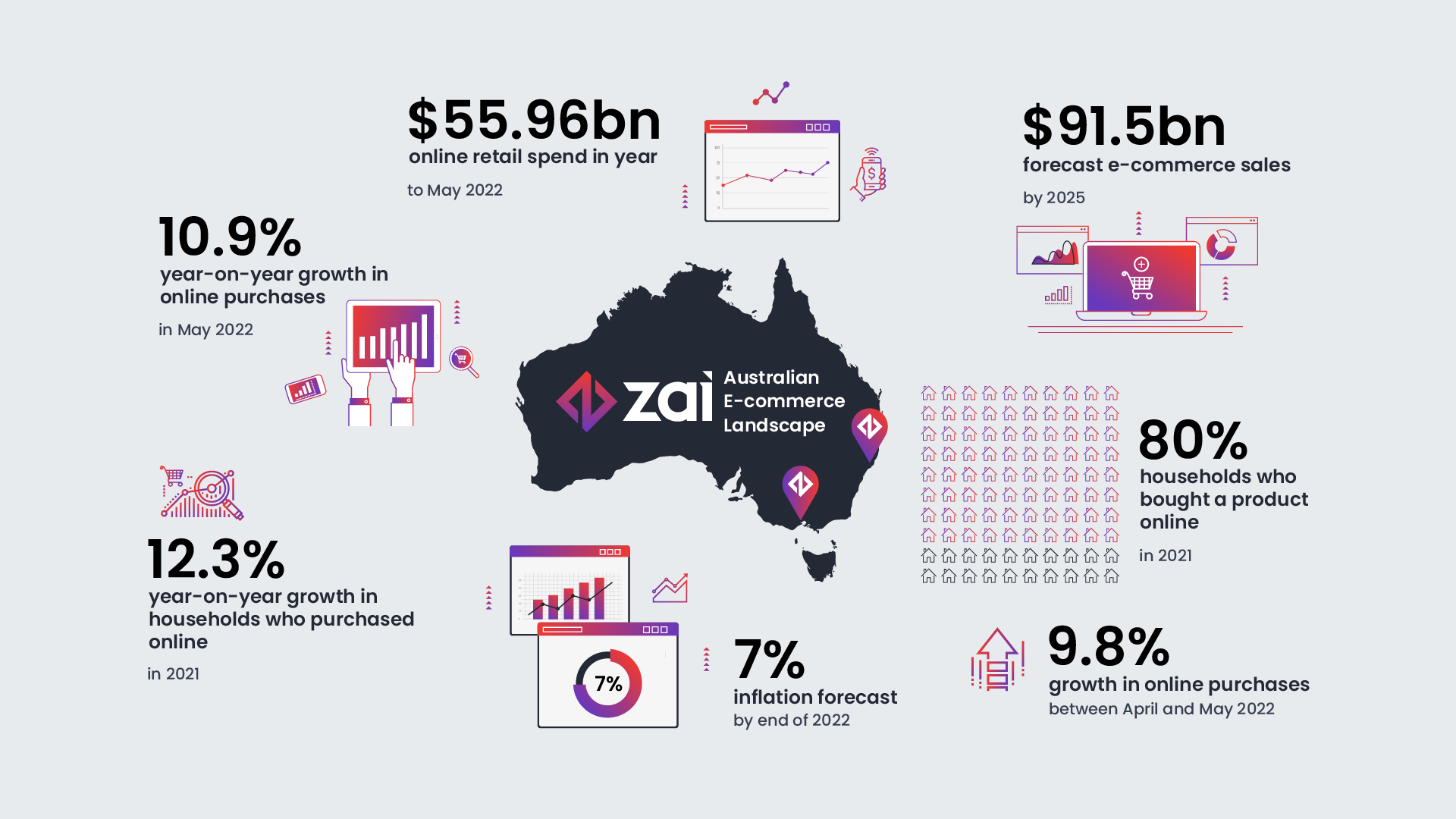Scaling up can be challenging for even the most well-established companies. When you consider that just one in 200 start-ups become scale-ups, any help you can get is welcome. Fortunately, digital platforms are all about bringing businesses and people together. And there are a lot of enterprises with similar business models that you can develop partnerships with to make life easier when it comes to making that move to the next stage of the platform’s growth.
Building partnerships for managing growth
Digital platforms have become the stars of the digital revolution, creating communities that often start out small, but grow very rapidly. For many, their success will depend on their collaborations with others. Clearly, it’s important to have the right partners in place early on to enable the business to scale as needed - and even accelerate growth where possible.
Identifying the right partners to do that will depend, to an extent, on your business model and what you do, but there are factors that all companies in the platform economy have in common. Taking (and processing) payments from customers is probably the most obvious.
When deciding who to partner with, that will depend on your needs, or to be more precise, your limitations. Partnerships with companies that can fill skills, knowledge or competency gaps will vastly improve your ability to optimise your business processes and scale up. So firstly, it’s important to look at where weaknesses lie in your operations and see what help is out there to fill gaps and strengthen your capabilities in certain areas.
All of this will not only make scaling up possible, but easier to manage. Your long-term business plan should tell you how far your existing resources will take you as you scale, and which areas you will need help with for your expansion plans to succeed.
Partner up to scale up
Here are some typical areas in which partnerships can make a real difference when it comes to scaling up or expanding into new markets:
Technology. Partnerships with technology providers can help overcome your technical limitations. Outsourcing app development, or other IT requirements, for example, can allow you to fill in competency gaps that could become a major bottleneck as your platform grows. A good example here is platforms that team up with digital partners that can create application programming interfaces (APIs) in order to offer complementary products and services from other digital companies.
Compliance. One area where many companies run into problems is compliance and legal. That’s a particular danger for digital platforms, operating with new technologies in an emerging economy. The regulatory and legislative requirements for these types of businesses are still evolving and can change quickly. In particular, the rules on data privacy, digital asset protection and cross-border electronic trade are shifting. Those platforms that don’t adapt their processes could be fined or even lose their licence. It’s clear to see how a partnership with an external party could help in this regard, while the firm’s own resources can be focused towards core objectives.
Sales and pipeline generation. Of course, to scale up, you need to be sure your market will support your expansion plans. For digital platforms, there are often many complementary services and products that make a partnership a logical way to win new business. Software as a service (SaaS) companies, for instance, will often allow other SaaS products to be integrated into their platforms and applications. Entrepreneurs acting as suppliers on a platform not only get access to a new distribution channel, but can also enjoy reduced costs, associated with having a ready-made POS.
Managing digital payments. As a digital platform, your customers can be based anywhere in the world, so when they pay for your services, they may want to pay in foreign currencies. By working with payment solution providers that offer multiple payment methods across various currencies, digital platforms can offer more choice, improve their service offering and even stay a step ahead of competitors. Regardless, either scaling up, expanding into overseas markets, or both, will inevitably mean revisiting your payments processes to ensure they are fit for use, efficient and cost-effective.
Funding. You can’t scale up if you don’t have the resources to do so, which is why many platforms plan for growth through partnerships with investors, venture capitalists (VCs) and other organisations that can provide the funds needed for scaling effectively. These entities often bring expertise to the table too that can help with the process of scaling up
Talent. Like funding, skilled people can be difficult to source, especially in emerging technologies. And as the business scales up, so must your human resources. A partnership with a specialised recruiter or company within the talent marketplace can be hugely beneficial - especially if you need to recruit staff at short notice to handle new business, develop a new product or set up an office in a new territory. Indeed, may of these, such as, have created their own digital platforms to help with optimising talent resources.
Customer support. As your platform grows so will the number of queries from customers using it. Again, here, partnering with an external agency can greatly improve your ability to scale quickly without any loss of customer service. Outsourcing customer service can significantly cut costs but it does require careful planning. Your partner needs to be fully trained on every aspect of the service.
Finding commonalities and building relationships
Once you’ve identified the barriers and bottlenecks for scaling up, you can begin looking at where you can source the solutions to those challenges and the businesses with the right capabilities to plug the holes in your expansion plans.
When choosing partners, it’s essential to make the experience as frictionless as possible to derive maximum benefit from the outset. This is why many digital platforms partner with companies that operate within the digital economy and share the same business vision. Everyone you work with should clearly understand your market and your own challenges within it.
Look at their track record and consider their reputation. Do due diligence, research their background and if possible talk to previous customers. When you tie up with another company, you inherit some of their legacy, including any shady dealings, or controversy from the past. On the other hand, partnering with a known and highly regarded brand can boost brand reputation and even be an advantage when it comes to winning new business, especially if they already have a large portfolio of impressive clients.
Following on from that, make sure you set clear expectations on what’s expected of each party. Set key performance indicators (KPIs) and goals. The basis of any partnership is that it should be mutually beneficial, so look at how both parties can leverage their combined assets for new business benefits. Put in place protocols for communication and schedule regular update meetings, as well as refine strategy and improve future outcomes for both organisations.
Stronger together
As part of a sound business strategy, every company should be open to partnering with like-minded businesses in order to address their own limitations and introduce new competencies that can help the organisation scale up and anticipate growth.
This is particularly important for digital platforms, given the speed at which these businesses can go from start-up to scale-up. The rewards of doing so can be substantial. From accessing new resources and ideas, to discovering new capabilities and business opportunities, digital partnerships shouldn’t be viewed as a business cost, but as an asset and an investment in the future growth of the company.



